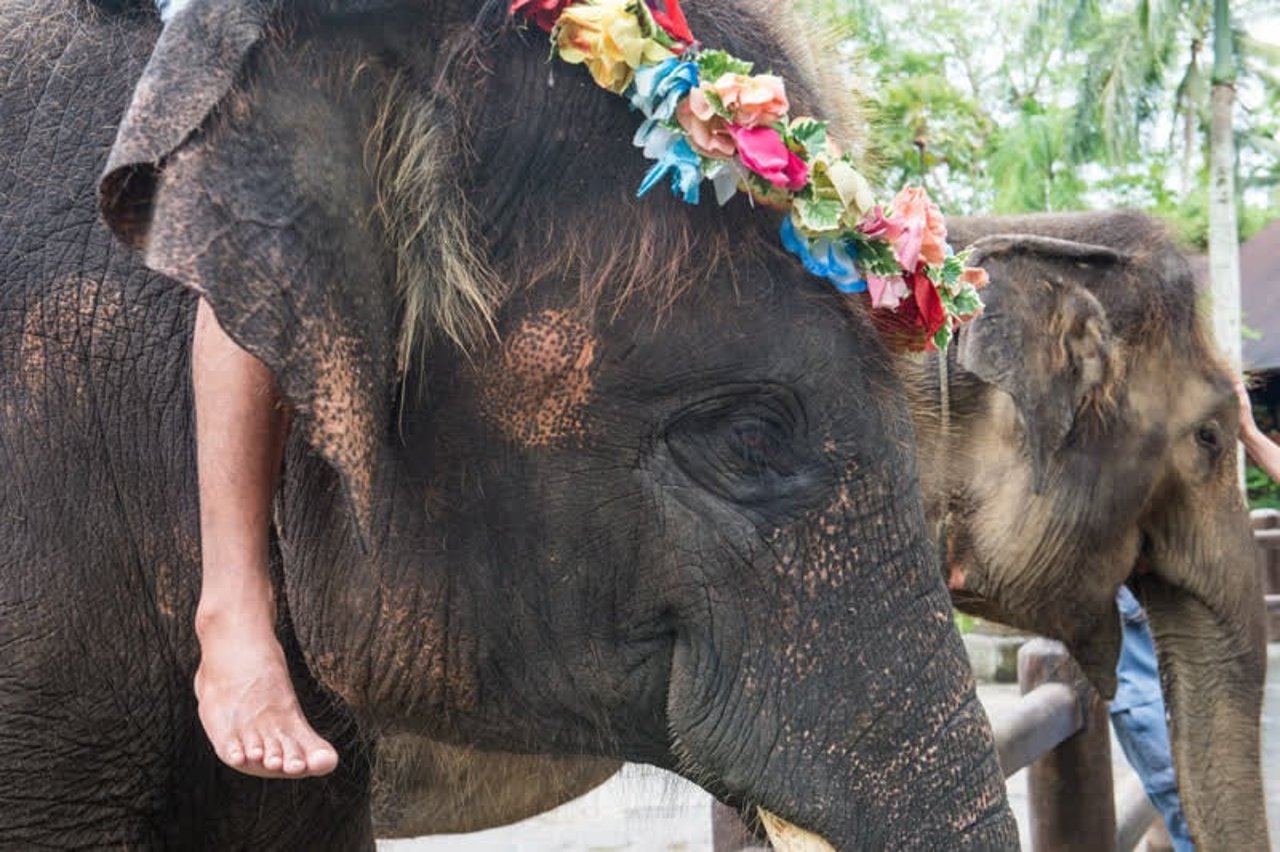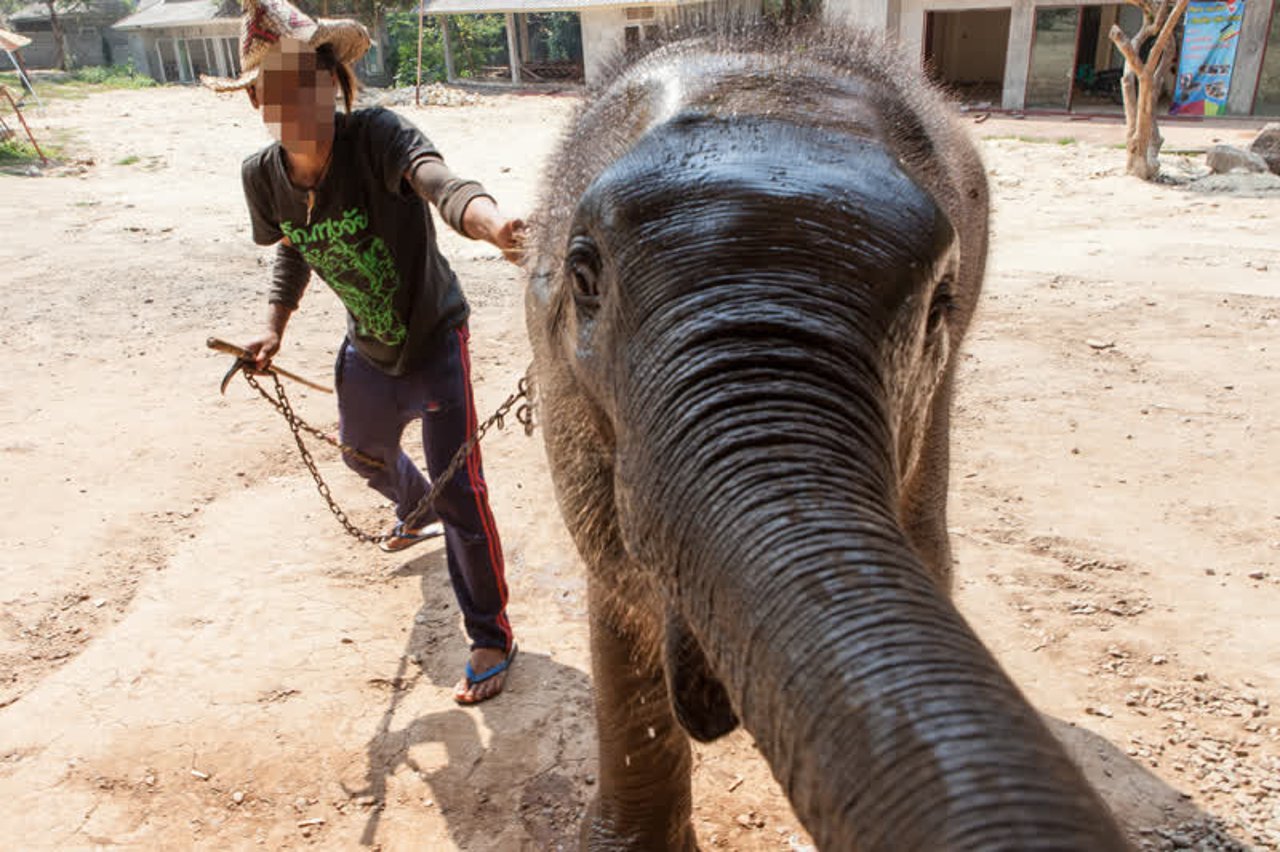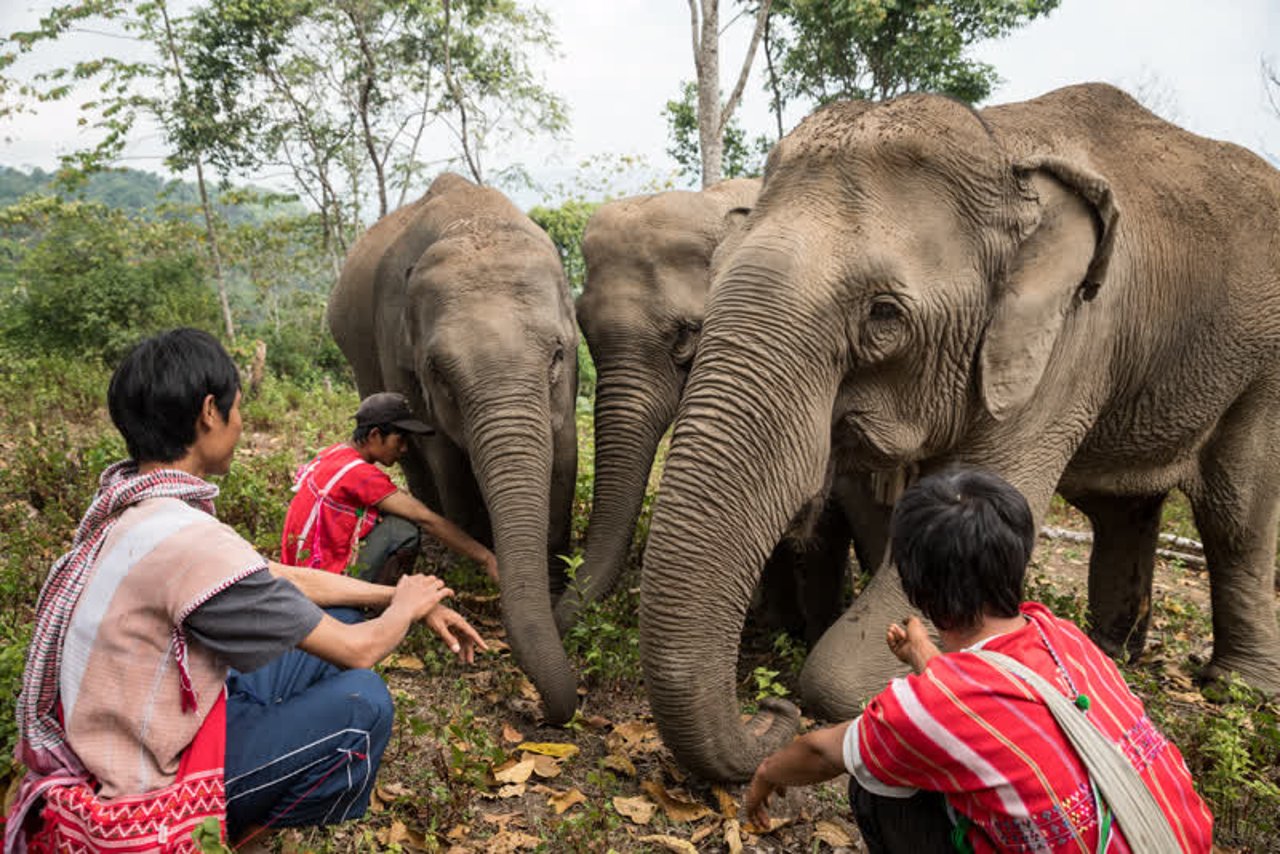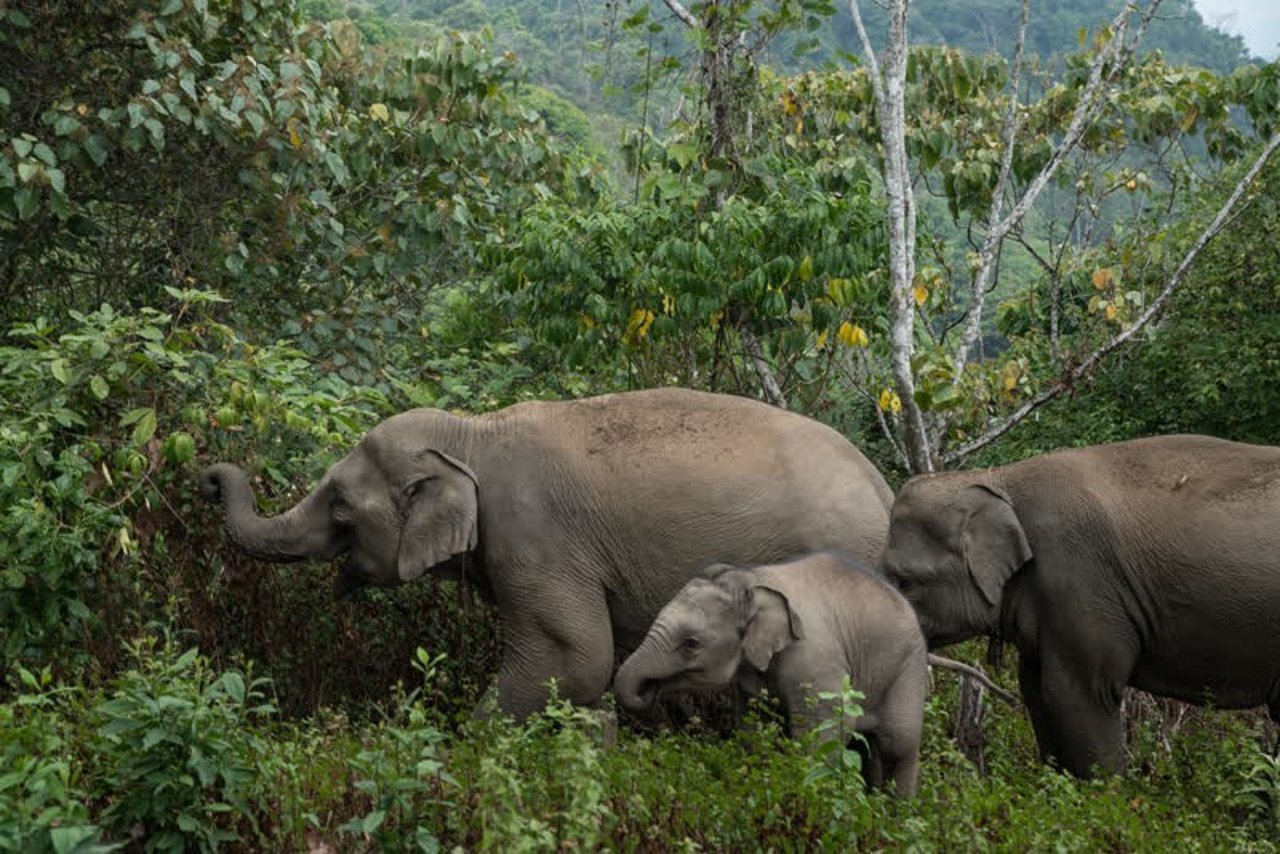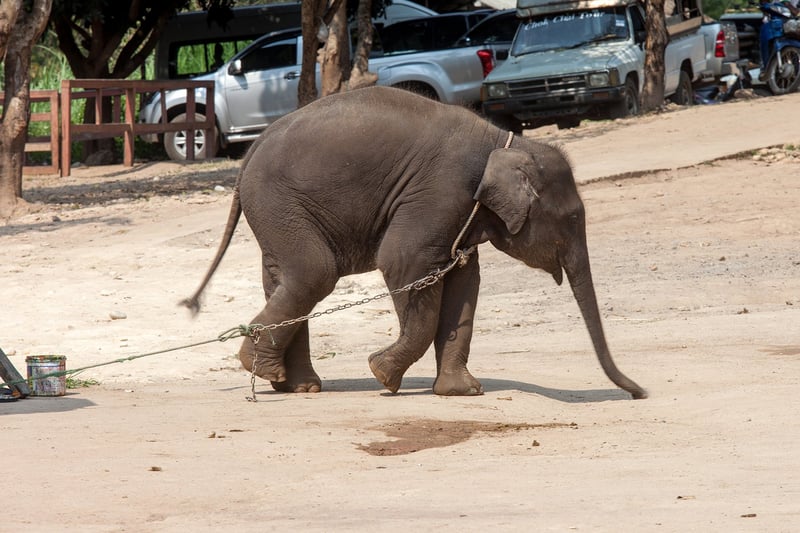
There are no winners in the elephant tourism industry
News
We know elephants are suffering at tourist attractions. But our new research reveals that their trainers and keepers – known as mahouts – are losing out too.
Our new research, carried out with the Department of Sociology and Anthropology at Chiang Mai University in Thailand, is the first comprehensive research on the socioeconomic situation of mahouts across Thailand.
With a growing tourism industry and demand for elephant entertainment, especially at venues with lots of visitors, the traditional role of mahouts is being increasingly taken over by regular laborers, who lack sufficient skills and training.
This is not to say mahouts in the traditional sense don’t exist – they do, but they are typically the exception, not the rule.
High-risk for elephants and mahouts
While elephants suffer in poor living conditions, being forced to carry people on their backs, mahouts are experiencing low pay for a high-risk job, with many suffering injuries and having little financial security.
Elephants at a venue in Bali, Indonesia, where they are used for rides and entertaining tourists.
The lack of comprehensive training for mahouts puts both mahouts and the tourists interacting with elephants under their supervision at serious risk of injury too.
Along with animal welfare concerns, the risk of injury to people is something the travel industry should be taken extremely seriously.
Why did we conduct this research?
Much of our research into elephant tourism has rightly focused on the unacceptable living conditions most elephants face every day to entertain tourists.
An elephant and mahout at a tourist entertainment venue in Thailand.
But, through our work studying wildlife entertainment venues in Thailand, we discovered the role of mahouts is unclear and outdated. Now, we have a stronger understanding of the life of elephant mahouts.
Higher-welfare is better for elephants and people
Mahouts play a crucial role in the welfare of captive elephants and are an important factor in our work to transition elephant entertainment camps into elephant-friendly venues.
We're helping the Mahouts Elephant Foundation (MEF) to establish a tourism project at their second location in a remote Karen village
In contrast to the situation in riding and entertainment camps across Thailand, higher welfare, elephant-friendly venues are better for elephants and people. They encourage venue owners to value and care for both elephants and their mahouts.
Our study showed 65% of mahouts often or very often use a bull-hook or a sharp stick to control their elephant at riding and entertainment camps.
But at true-elephant friendly venues there is no need for such tools and control, except in real emergencies. This is because in higher welfare venues tourists are not in direct contact with elephants. Instead they get to watch elephants choosing what to do, free to roam, graze, cover themselves in mud and socialise.
Also, in these venues mahouts have training in managing elephants without the use of force.
We’ve seen this in practice at Thai elephant-friendly venues like Elephant Valley Thailand, Mahouts Elephant Foundation (MEF) and Boon Lott’s Elephant Sanctuary (BLES).
Elephants at the Mahouts Elephant Foundation (MEF) in Thailand
At elephant-friendly venues, visitors can quietly walk behind elephants from a safe distance and watch them do their own thing under the watchful eye of mahouts.
Essentially, elephants are much safer and happier when they’re not in direct contact with tourists, and this also makes life safer for mahouts who do not have to resort to cruel methods to control them.
An elephant can only be truly free in the wild, however, to improve the lives of the 3,000 elephants currently captive for tourism in Asia, we need to see more elephant-friendly venues rather than cruel attractions.
Help mahouts and elephants
If you can ride or touch an elephant, or watch it perform, chances are the elephant has been subjected to cruel training and is living in poor conditions.
This World Elephant Day do the right thing for elephants and mahouts and only visit elephant-friendly venues where you can observe elephants from afar, where they’re free to just be elephants.
Our study showed 65% of mahouts often or very often use a bull-hook or a sharp stick to control their elephant at riding and entertainment camps.
